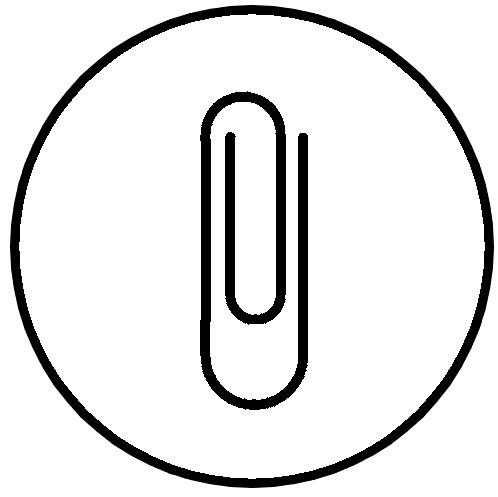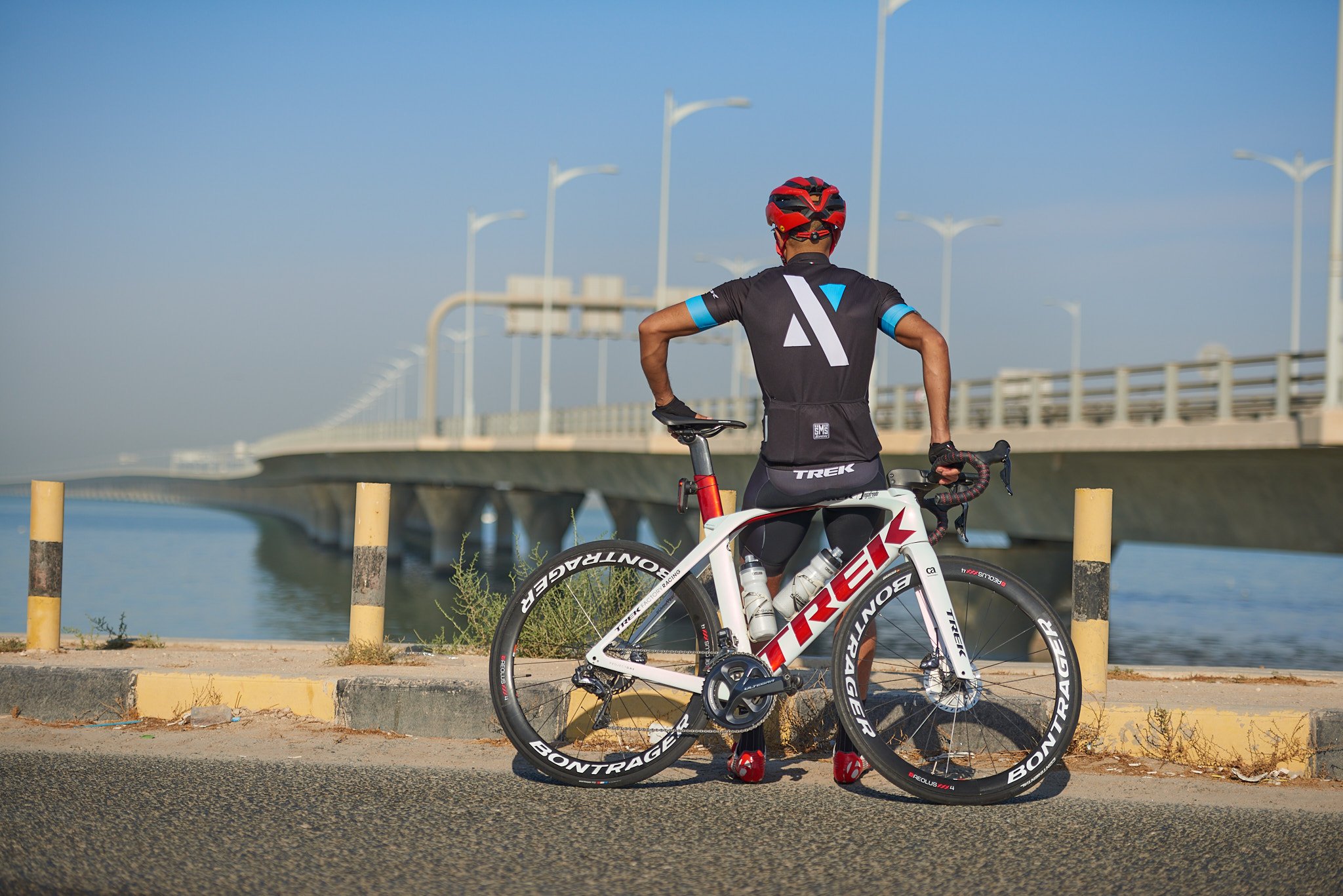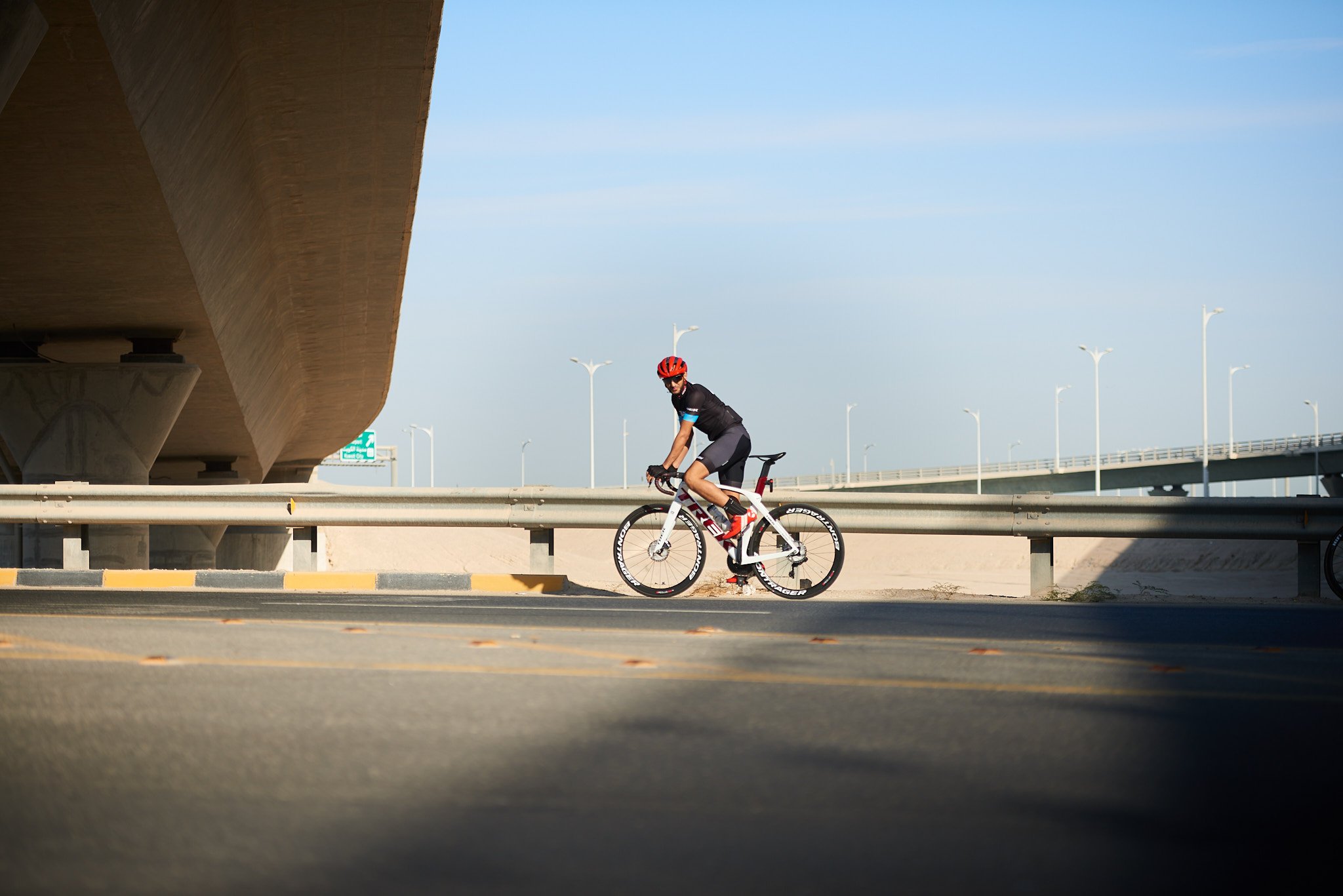Meet The Rider: Ahmad Alsharhan
Who are you?
“Hello, I’m Ahmad Alsharhan; I work in a water distillation station in the engineering department, and I’m a triathlete, not a roadie."
What got you into cycling? And how long have you been cycling?
“I started back in 2010 when one of my friends told me about a race in Abu Dhabi, and for some reason, that race really kickstarted a fire within me to press hard toward this sport. Although I had no experience whatsoever, all I did before was head to the gym randomly and try to get an exercise in, without knowing much about exercising.
During those days when I randomly went to the gym, I found myself training without a plan or towards something. The race in Abu Dhabi filled that void and gave me something to work towards.
A shift in my mindset happened about what exercising means at that point. So Having something to work towards was a pivotal moment in my life.”
What was your best ride ever?
“The best ride I’ve ever done was a set of rides back to back. On new years day, some time ago, I challenged myself to ride 100km every day for three days. Regardless of the fatigue and challenge, it was memorable.”
The idea came from trying to challenge myself and get others to join. I wanted something manageable for others to do as well. We did think about going big at once, such as doing 250km in one go, but that was hard to organize, so we opted for something bite-size.
I spent about two months thinking about it and thought it would be great to start the new year with 300km under your heels in the first 3 days. Thankfully, there was a lot of interest, and many joined the challenge."
What does cycling mean to you?
“It’s hard to express that in words... cycling means a lot to me.
This sport is something that became a part of who I am. It's part of my soul, my identity, and my life. Without cycling, I’m not the same person. I find myself uneasy, restless, and even depressed without it.
I just have to find a way to satisfy that urge and need to go out and exercise. If I can’t find the time to ride, I’ll just go for a run instead.
There are many positives to this kind of lifestyle, more than I could count, both mentally and physically.”
What do you need as a cyclist in Kuwait?
“What we need as cyclists in Kuwait is very simple; we need safety.
We need to not only feel safe riding on the road, but we also need to be safe. To be safe, we need our own trails, bike paths, and rules that safeguard us from the reckless behavior of drivers in Kuwait.
We don’t feel safe, and the simple act of chasing a healthy lifestyle causes so much stress to our families, who are more than concerned about our safety on the road.”
You told me that you’ve been trying for a long time to build a safe space for cyclists to train and flourish. What were some of the successful strategies, and what were some of the unsuccessful ones? Why?
“As for creating a safe space, we tried everything, with little to no success.
We tried to pressure officials through conventional & social media to raise awareness so that the public majority are aware of our needs, which are to just feel safe.
Sadly, we saw no movement or support from the government.
The other way we tried to advocate for our safety on the road was by filing official requests with all the government entities responsible for making the roads safer. We filed cases at the municipality and ministry levels.
Collectively, we provided the government with everything it needed to make this happen. We provided them with studies, plans, stats, and everything in between. The missing piece was for the government to make it happen through legislation and funding, which they have in abundance.
But as we came to expect, nothing happened. Even though some officials stood by us, nothing happened in the end. The bureaucratic tendencies of our government render everything useless and without a chance to improve.
As of now, it has been more than 3 years since we last pushed for this.”
Comparing your experience when you first started riding Vs. riding in 2022, would you say cycling is becoming more popular in Kuwait and that people are noticing the growth?
“I wish it was that was the case, but in fact, things became a lot worse over time.
Sure, I gained a lot of experience over those years on a personal level. But on a national level, things really deteriorated.
The lack of action from the government turned into an adverse reaction toward cyclists. For example, when the Jaber Alahmad bridge opened up, the government used to close it to cars for 3 hours every Friday morning so that cyclists could ride worry-free. However, after a few hit-and-runs that resulted in a few deaths, the government took the easy route of prohibiting cyclists from riding on the bridge; rather than solving the real issue, which is the infestation of reckless drivers in Kuwait.
Over time, street conditions worsened, and the government's treatment of cyclists also turned to the worse, going from bad to terrible. Those actions from the government lead us to find alternatives, which are also very dangerous such as riding in high-traffic areas.
They always seem to take the easy way out, which also means taking the wrong steps toward solving this crisis.
So to answer your question, nothing improved over the past 12 years regarding road conditions, safety on the road, and more.”
Given your experience in the cycling community in Kuwait, what is your outlook on the future of Kuwaiti cyclists?
“Regardless of the lack of support from many fronts in Kuwait for the sport, the community continues to grow. People of all ages are joining the sport as cyclists or triathletes. Although that’s great to see, it’s not enough to create a movement to demand our rights as cyclists.
As I said, the number of cyclists and triathletes is growing, and that’s great. The number of non-cyclists who advocate for our safety is growing as well. However, we are still small compared to the rest of society, so making a positive impact is always hard in smaller numbers, especially being less affluent.
Regarding the growth in numbers, back in 2011, only two groups pursued riding on the road. Nowadays, more than 15 groups with different disciplines cycle ride every week. Each group has its own set of rules, schedule, location, type of riding, levels, and so on.
Which is great to see.”
Any parting words, advice, or anything you want to add?
“I just want to say that if we could do anything to make it safer for cyclists in Kuwait, we will do that and more. So be that through media in all its forms, be that through presenting bills to the parliament, or through community engagement, we are all in.
We’re not shooting for the moon; we simply want to be on the same level of safety as our neighboring countries, such as Qatar, Bahrain, and UAE. Look at what they’ve achieved over a short period. They’re setting a great example of supporting a sport that benefits many people in the region.
We just want to reach the same level they did."










